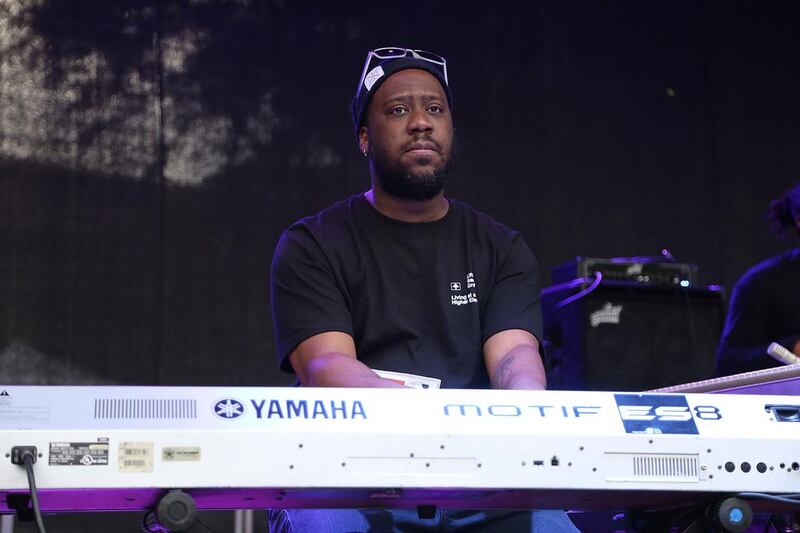Everything’s Beautiful
Robert Glasper / Miles Davis
Sony Music CMG
Three-and-a-half stars
Commemorating the 90th birthday of Miles Davis – and Miles Ahead, a biopic of the iconic jazz trumpeter's life – we have the "new", Davis-inspired album Everything's Beautiful, a conceptually confused but captivating virtual duet with trendsetting pianist and producer Robert Glasper.
The late-1990s remix series Panthalassa has aged badly, and Glasper is the obvious choice to move Davis into the 21st century – he is a credible jazz innovator himself, with enough crossover success to reach a mainstream audience.
Rather than delivering the straight remixes he was initially asked to oversee, Glasper raided the Davis archive, sampling choice nuggets as jumping off points for a new series of compositions.
Naturally, he brings along a packed contacts book, calling in guest turns from a host of notables, including Erykah Badu and Stevie Wonder.
Despite drawing readily from Davis's dense, frenetic electric 1970s work, the mood here is one of chilled intensity – mellow, ethereal, R&B grooves not dissimilar in mood to Glasper's Grammy-winning breakout Black Radio.
Sourced from an In A Silent Way outtake, Ghetto Walkin' features Bilal crooning soulfully over hip-hop beats and a vamping Fender Rhodes.
In Violets, Phonte raps on a looped outtake of pianist Bill Evans fluffing the intro to the ballad Blue in Green, from the 1959 landmark album Kind of Blue.
The purest duet is Badu's star turn on Maiysha (So Long), a moody 1974 vamp recast as a longing, bossa-nova lilt, with Davis's wilting, wah-wah trumpet floating over the vocal.
It's a rare reference, with Davis's horn all but missing in action (as is Glasper's piano, featuring in just two solos). Instead of clean quotes, samples are subtle and inventive – opening invitation Talking S*** combines studio clips of Davis instructing his sidemen into one flowing monologue or manifesto.
Funk-rock jam I'm Leaving You is built around a clip of Davis intoning "wait a minute". Driven by a layer of guitar wails from 1980s collaborator John Scofield, it sounds most like something Davis himself might have recorded.
The LP's second-half moves into darker, jazzier territory. A straightish cover of modal masterpiece Milestones mixes wah guitar and block-rocking beats to alarming effect. Wonder turns up on haunting closer Right on Brotha, spiralling out the melody to Davis's Nefertiti on harmonica. Closest in sound to the source material is spooky 1970 instrumental Little Church, here dealt additional psychedelia and a wordless vocal. It is, of course, tempting to wonder what Davis would have made of it all – one likes to imagine an alternative universe where he and Glasper might even have collaborated.
But the truth is, outweighing even his restless spirit was Davis’s narcissism, suspicion and spite.
As it is, this virtual duo offers a fleeting glimpse of synthesis, which fails to truly grasp the genius of either man – and for that, only one of the pair can be blamed.
rgarratt@thenational.ae










